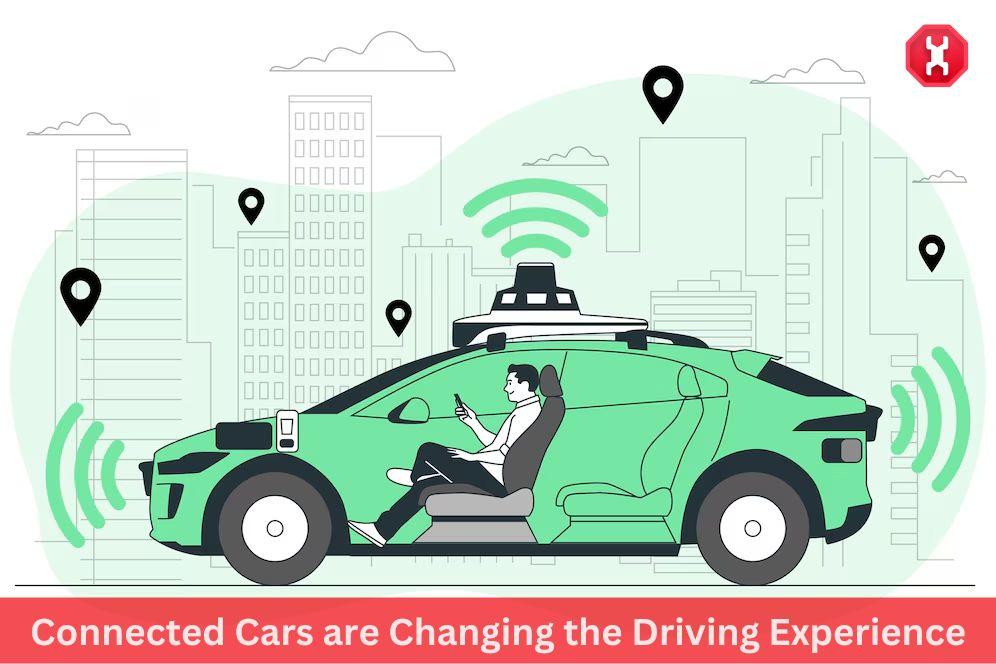The automotive landscape is undergoing a dramatic transformation, driven by the rise of connected car technology. These vehicles, equipped with an array of sensors, software, and communication systems, are no longer just a means of transportation; they are becoming intelligent, interactive hubs that are redefining the driving experience.
Enhanced Safety:
One of the most significant impacts of connected car technology is the enhancement of safety features. Through Vehicle-to-Vehicle (V2V) and Vehicle-to-Infrastructure (V2I) communication, cars can exchange data about their location, speed, and direction, allowing them to anticipate potential hazards and react accordingly. This can lead to a significant reduction in accidents, as vehicles can warn each other of impending collisions, slippery road conditions, or even the presence of pedestrians or cyclists.
Improved Efficiency:
Connected cars can also optimize driving efficiency. Real-time traffic information, coupled with advanced navigation systems, can help drivers avoid congestion and choose the most optimal routes. Furthermore, features like predictive maintenance can alert drivers to potential mechanical problems before they occur, minimizing downtime and reducing the risk of breakdowns.
Enhanced Convenience:
Connected car technology is also making driving more convenient. Remote features allow drivers to lock and unlock their cars, start their engines, and even adjust climate control settings from their smartphones. In-car entertainment systems are becoming increasingly sophisticated, offering a wide range of options for passengers, from streaming music and movies to playing games and accessing social media.
The Future of Driving:
As connected car technology continues to evolve, we can expect to see even more innovative features emerge. Autonomous driving, once a futuristic fantasy, is becoming a reality, with many car manufacturers already offering self-driving capabilities. This technology has the potential to revolutionize transportation, making roads safer, reducing traffic congestion, and increasing accessibility for people with disabilities.
Challenges and Considerations:
While the potential benefits of connected cars are numerous, there are also challenges to be addressed. Concerns about data privacy and security are paramount, as connected cars generate vast amounts of data that could be vulnerable to hacking. Ensuring the safety and reliability of connected car systems is also crucial, as any malfunctions could have serious consequences.
Conclusion:
Connected cars are transforming the driving experience in profound ways, enhancing safety, efficiency, and convenience. As this technology continues to evolve, we can expect to see even more innovative features emerge, making driving safer, more enjoyable, and more sustainable. However, it is important to address the challenges associated with connected cars, such as data privacy and security, to ensure that this technology is developed and deployed responsibly.
